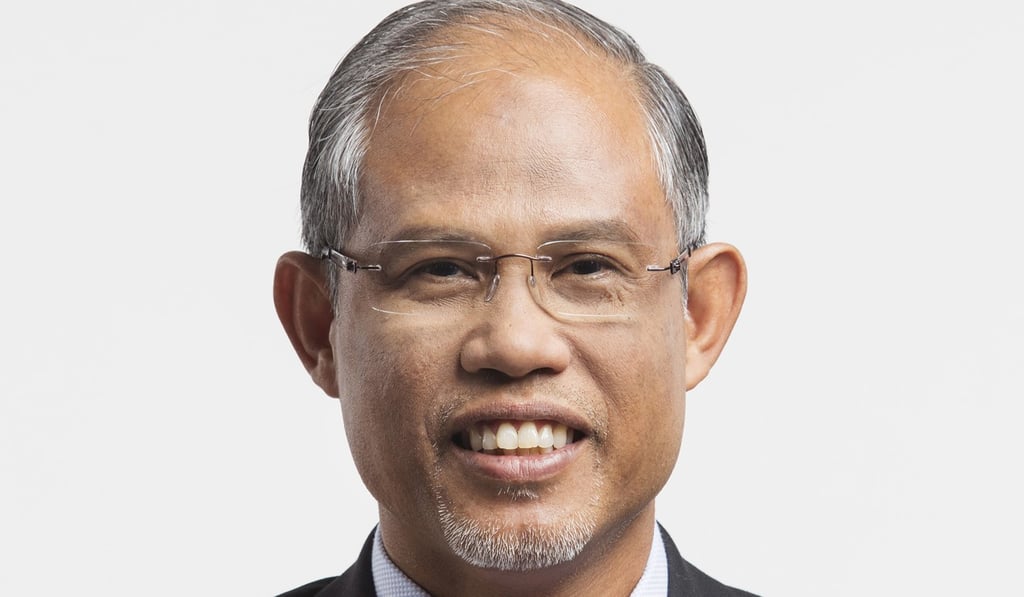Singapore plans tree-planting bonanza to battle climate change
- ‘Nature-based solutions’ to be included in government’s plans, says Masagos Zulkifli, minister for the environment and water resources
- Singapore, which has introduced a tax on carbon, aims to stabilise its emissions by around 2030

Land-scarce, low-lying and increasingly hot Singapore is going to have to find room for more than a quarter of a million new trees and shrubs as the city state steps up measures to respond to climate change.
“Citizens around the world have come to recognise climate change for what it is – the defining issue of our times,” Masagos Zulkifli, minister for the environment and water resources, told a meeting of the Intergovernmental Panel on Climate Change. A strong, united global response is needed, he said.
Singapore is devoting considerably more state resources to deal with the challenge, making the case that shifts in the climate pose a threat to the nation’s very existence.
In August, Prime Minister Lee Hsien Loong said it could cost S$100 billion (US$70 billion) or more over the next century to prepare the country to deal with rising sea levels, hotter temperatures and more intense rainfall.

“Our weather is getting warmer, our rainstorms heavier, and dry spells more pronounced,” Masagos said at the meeting on Monday. The government’s plans to respond “will incorporate nature-based solutions”, he said, adding that at present, the country has more than 2 million trees.